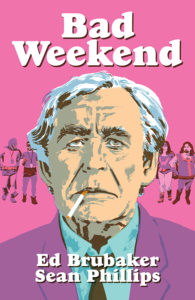
The new hardcover is a stand-alone story that appeared in the duo’s current run of Criminal, specifically in issues #2 and #3. It follows Hal Crane, a comics legend who is struggling in his later years. He has come to a massive comic con to receive a lifetime achievement award and subsequently gotten himself tangled up with crooks, scammers and other unsavory sorts. The new edition will include unused scenes straight from Brubaker’s notebook along withe tweaked and modified versions of those from the monthly comic.
On the eve of the Bad Weekend release, Brubaker was kind enough to discuss the new edition with us and to answer a couple of quick questions about recent experiences working in TV and his time attending SDCC way back when (the 1980s) as a San Diego native.
The Beat: So, first things first…I absolutely loved these two issues. What can you tell us about the new expanded content in this BAD WEEKEND hardcover?
Brubaker: When we decided to put this out as a hardback, I decided to take advantage of that to include some new scenes, which were things that were in my notebook outline, but that I didn’t have room for in the issues. Hal Crane interacting with fans and press at the convention, stuff like that. Showing a bit more of his history with the convention.
And I also went through the book and tweaked some stuff. Altered a bit of dialog or narrative text, and even added some dialog to a scene. This is something I usually do, but was even more important here, to make sure the book completely stood on its own.
The Beat: What do you think it is about a mega con like the one in Bad Weekend (which is basically San Diego) that lent itself to being such a great setting for a crime drama?
Brubaker: Because conventions like that are a huge collection of people at all different levels of success in the field. There are lots of egos, side-by-side with people trying to break in, and others ripping people off or selling stolen artwork, but then there’s big parties and awards dinners. It’s the gamut of human experience – the good and the bad – all jammed into one place. Just like film fests or game cons are.
But it’s also the perfect setting for a story like this, which is about a popular cartoonist at the end of his career. This is where he’d be able to see people from the full scope of his career, through the decades. His past coming back to haunt him, basically. And that allowed me to talk about the darker underside of comics history, by focusing on someone who lived through most of it.
The Beat: What has the reaction been like to the Bad Weekend story, particularly from those in your peer group who have maybe had their own Hal Cranes at one time or another?
Brubaker: Everyone really identified with it. I think the tragedy of Hal Crane is something most of my friends have seen a variation of with the artists and writers they grew up loving. Like you said, they have their own versions.
Most of us who work in comics grew up at conventions and wanting to join that world. We heard tragic stories of the treatment of creators, and yet we all keep doing comics, even for those same big publishers that ripped off their original creators, and I wanted to try to write something that addressed the nuance of what being a comics fan and creator can be – the grey area where you love and hate things about the industry at the same time, where you can feel ripped off and simultaneously happy to have your work out there being seen by the masses. I hope I captured some of that nuance.
The Beat: Hal Crane in Bad Weekend struck me as a pretty clear composite character…how much of him was rooted in reality?
Brubaker: I mean, everything about Hal Crane’s past is based in reality, to some degree, but I made up the story of his life and why it went the way it did (no spoilers). Like a lot of artists of his era, he worked in both comics and Saturday Morning cartoons, so a lot of his experiences are similar to guys like Toth or Kirby or other famous comics artists. And obviously, him starting out in newspaper strips and wanting to be in that field more than comic books, in the ’50s, that was how a lot of our best comics artists felt. And the death of the famous artist he was assisting is loosely based on a real event – the death of Alex Raymond – but I fictionalized the reasons behind it, obviously.
The Beat: What does the release schedule for CRIMINAL look like moving forward, might there be more collected volumes like this coming out of the new monthly series?
Brubaker: The next thing coming up in CRIMINAL is the big arc we started with issue 5, “Cruel Summer,” which is the longest story we’ve done in CRIMINAL ever, I think. Beyond that, I want to keep the monthly series in a place where we can do single-issue stories, or two issue stories like this, from time to time, for sure. It keeps readers guessing about what’s coming next, and it’s fun for me and Sean Phillips to switch things up after longer arcs.
I think our next hardback, though, will be another original graphic novel.
The Beat: I’ve heard you talk on podcasts about the differences in creating television versus creating comics. Now that TOO OLD TO DIE YOUNG is out in the world, how does the process of having your work received by an audience differ between the two mediums?
Brubaker: Hmm. I’m not sure, really. I think you get a much bigger response to a television show from the general public, but TOO OLD TO DIE YOUNG is so much a director’s thing that it’s hard to make that comparison. It was made like an indie film, but with a huge budget and a long shoot, and I was co-writing with the director. So it doesn’t really equate to my comics, where I feel more in charge and more to blame if something goes wrong (or right).
It got basically the response I thought it would – which is that art film fans, and people who know Refn’s work really dig it, and those that don’t, can’t even understand how it got made. All Refn’s films are divisive, even Drive, but a lot more people talk about them than they do most movies.
The Beat: Finally, being from San Diego and having attended the con so often growing up…is there one quintessential San Diego memory that sticks out to you even now when you think of the show?
Brubaker: Yeah. There are a lot of them, but the time that Archie Goodwin took ten minutes to just stand in the aisles and talk to me about writing really sticks in my memory. I was just a sixteen year old kid, who started talking to him when he bought a comic at the booth I was working.
And the other one that I’ll never forget is when Jim Shooter and Jack Kirby and his wife Roz all stood up in the audience at a panel and started yelling at each other. My friend was sitting right between them, and our minds were blown – stuff like that could only happen at Comic-Con back in the ’80s.
Bad Weekend is out tomorrow in comic book stores and available via Amazon on July 16.


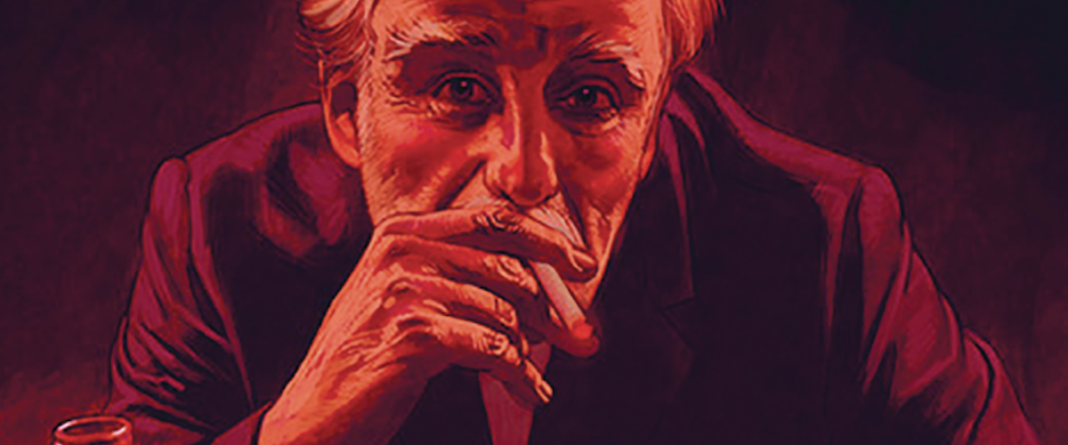
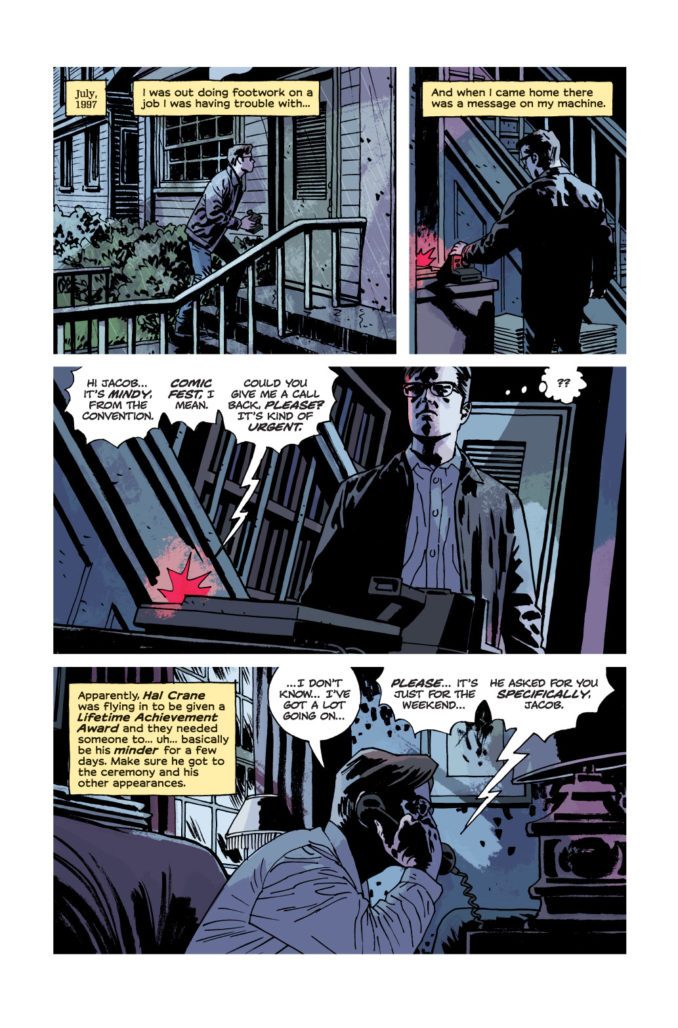
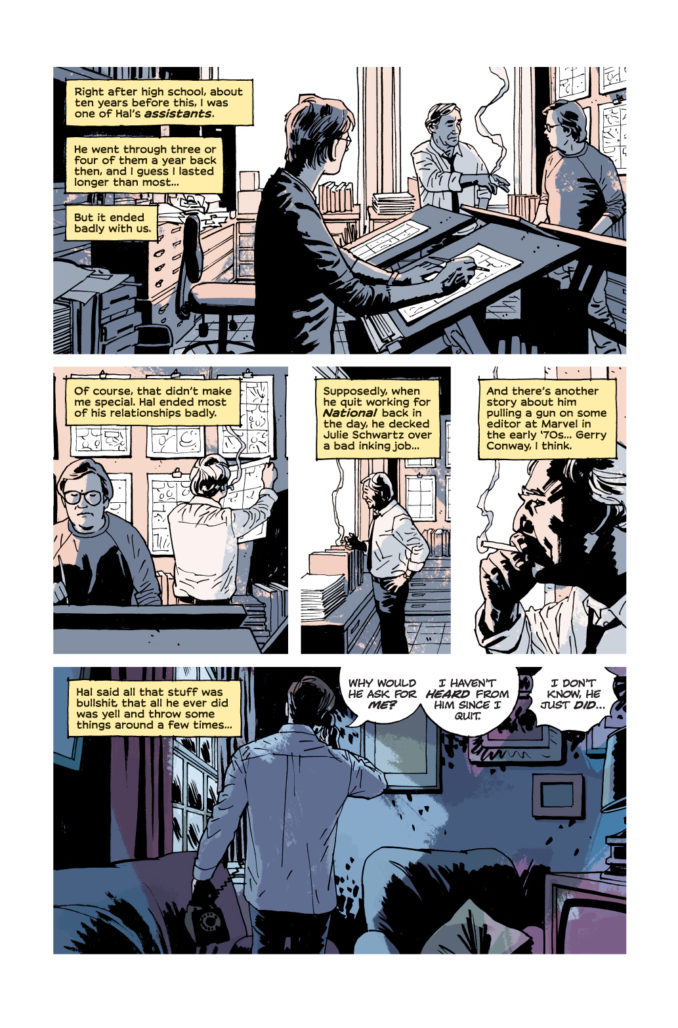
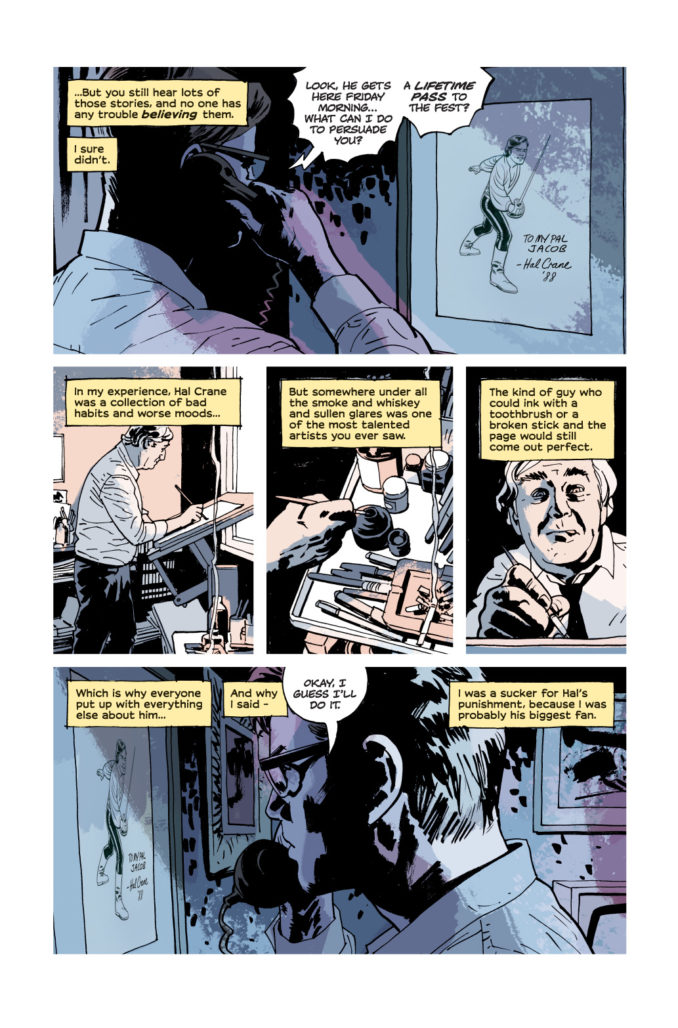
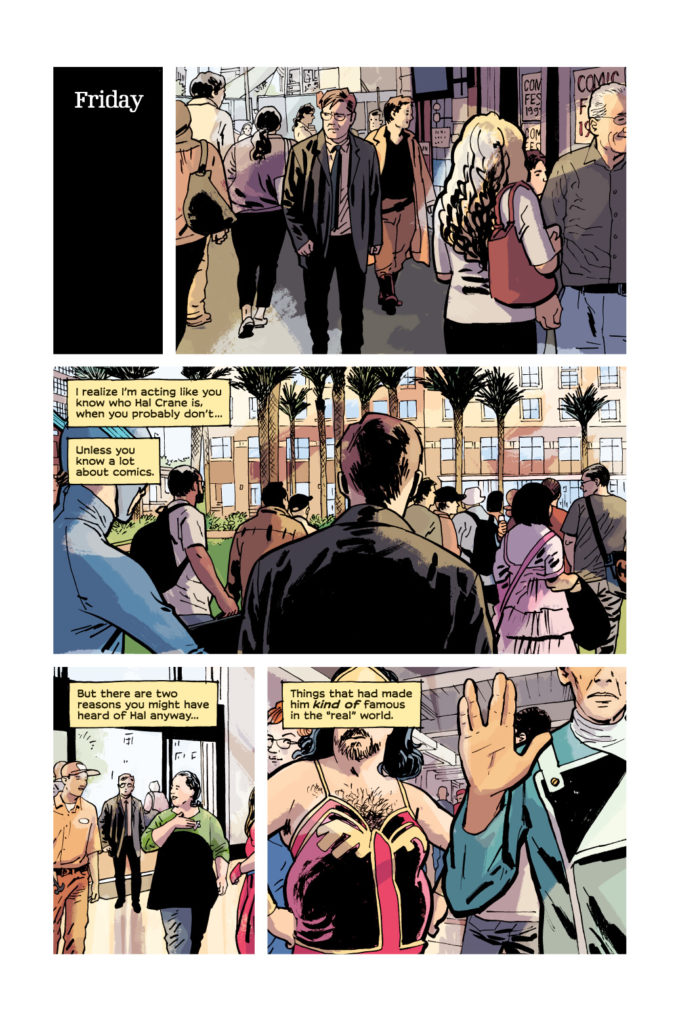
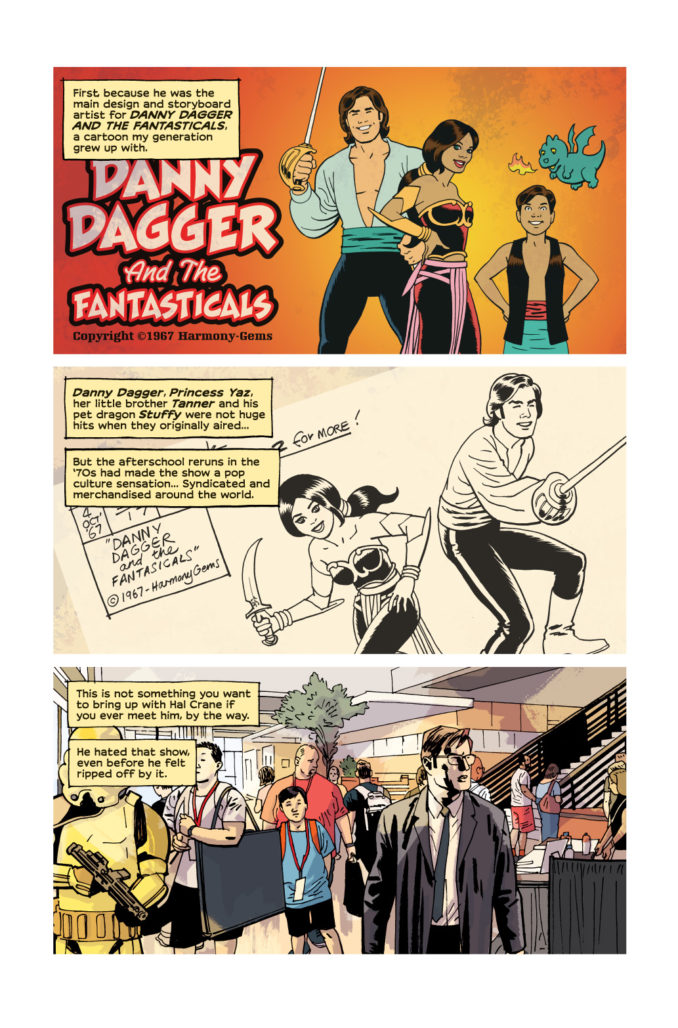
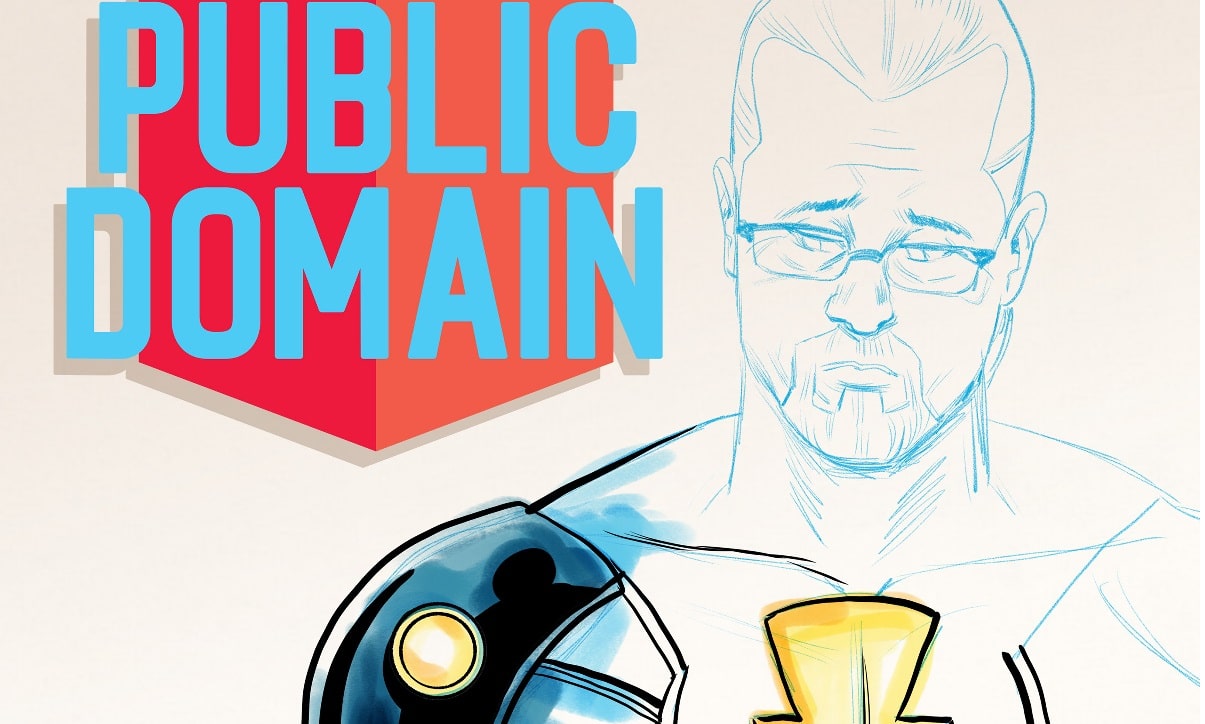
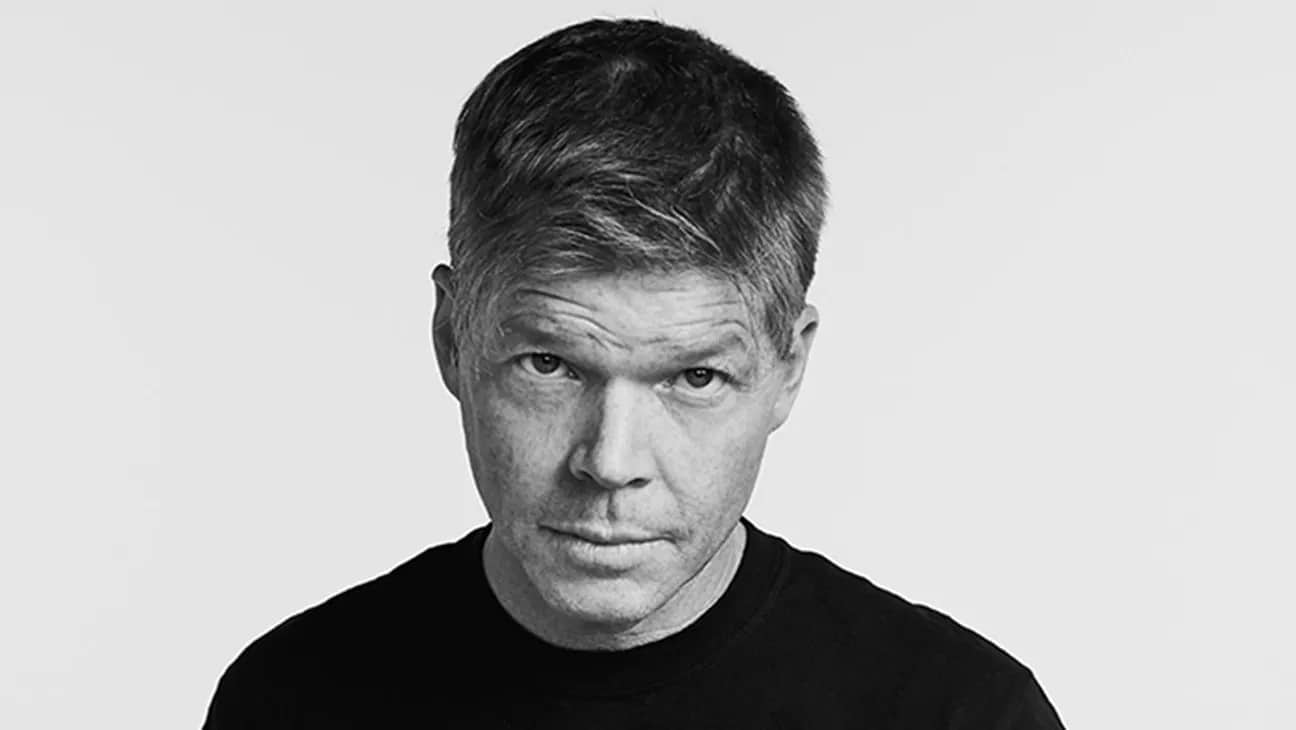
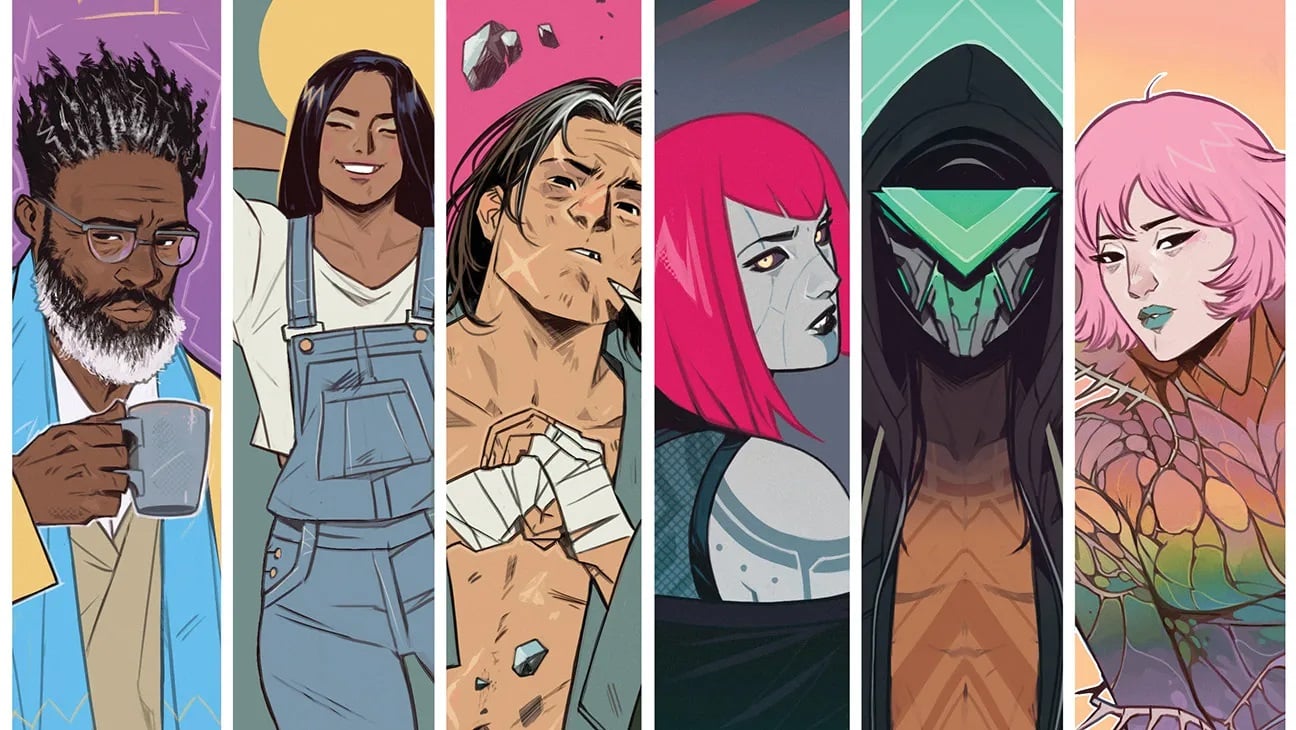


Comments are closed.